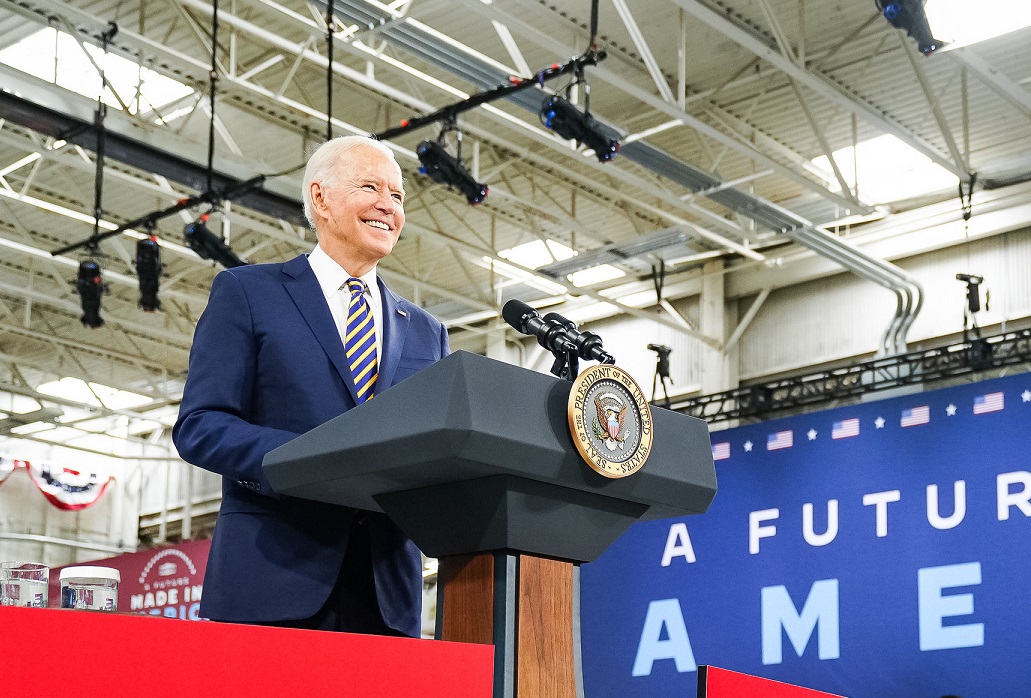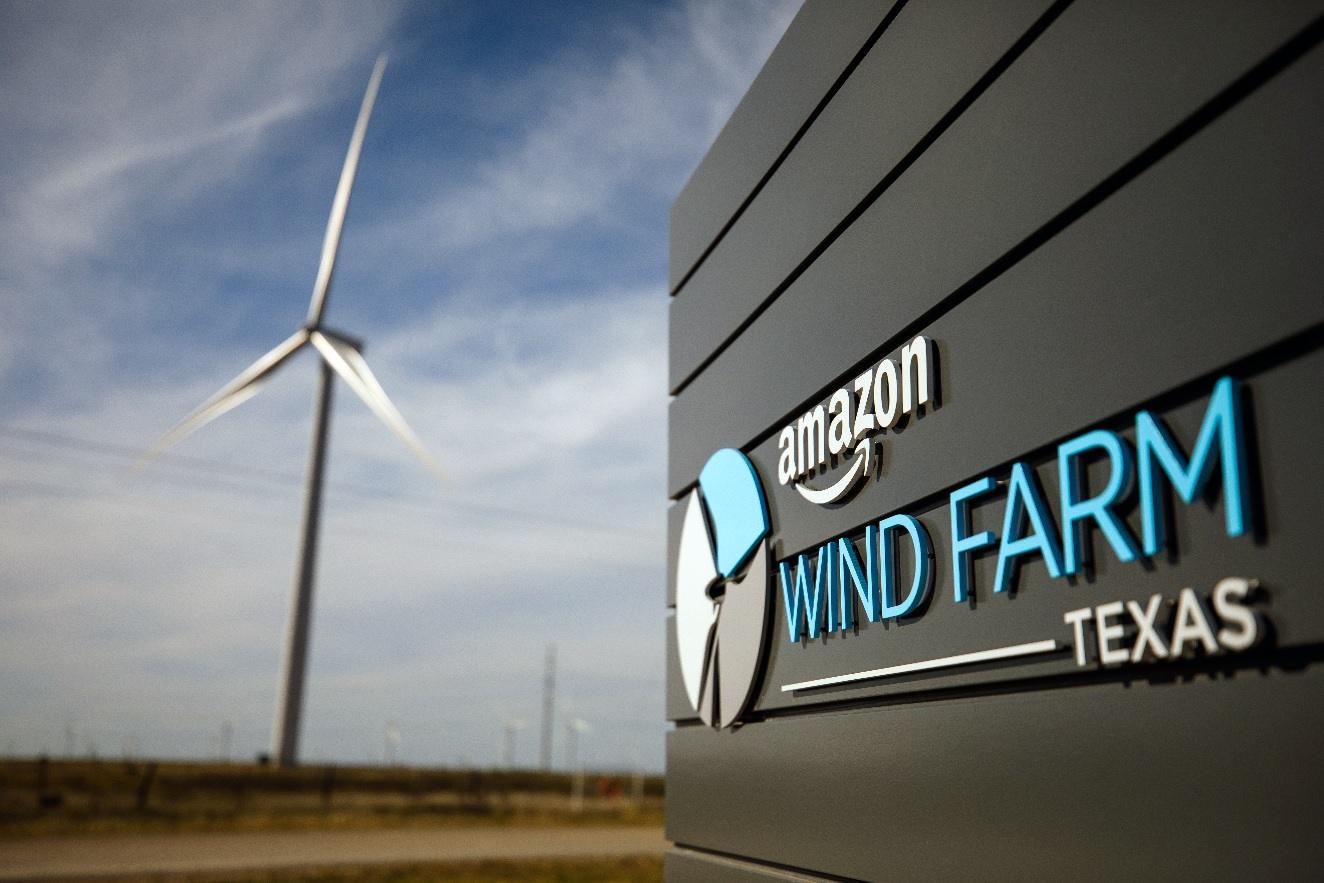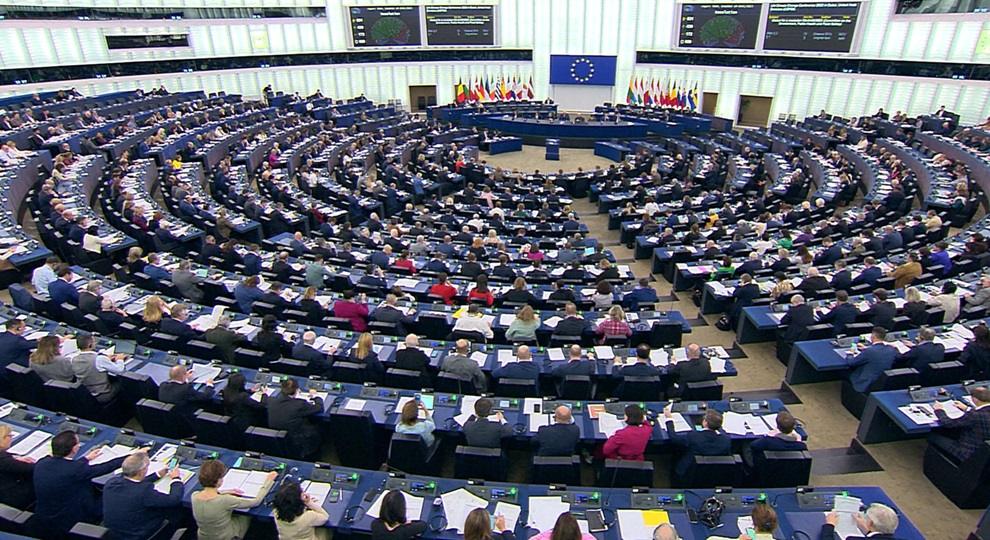Biden Targets Zero Emission Vehicles to Reach 50% of Sales by 2030
President Biden is expected to sign an executive order today mandating the initiation of the development of long-term fuel efficiency and emissions standards, and setting a new target for zero emissions vehicles – including battery electric, plug-in hybrid electric, and fuel cell electric – to make up half of new vehicle sales in the U.S. by 2030.
According to a White House statement, the new rules will help facilitate the administration’s climate goals, including a recent target announced by the President to reduce economy-wide greenhouse gas (GHG) emission by 50-52% in 2030. Biden has made climate action a key focus for his administration, beginning with announcing the return of the U.S. to the Paris Agreement on his first day in office, and the introduction of plans for billions of dollars in clean energy and sustainable infrastructure investments.
According to the White House, the new announcements will put the U.S. on track to reduce greenhouse gas emissions from new passenger vehicle sales by more than 60% in 2030, compared to last year.
In addition to tackling the climate crisis, the new measures are aimed at securing the country’s position in the global supply chain for electric vehicles and batteries, which the administration says is being increasingly cornered by China.
Other countries have also placed vehicle electrification as a key focus area of their climate strategies. The UK, for example, recently announced a ban on the sale of new petrol and diesel cars and vans by the end of the decade.
The new orders come as the major global vehicle manufacturers have announced major investments and targets to electrify their fleets. GM recently unveiled plans for $35 billion in EV and AV investments through 2025, and announced a goal to eliminate tailpipe emissions from new light-duty vehicles by 2035. Ford has also pledged to invest billions in its EV program, along with targets to electrify its fleet.
Along with today’s announcement, GM, Ford and Stellantis issued a joint statement indicating a “shared aspiration to achieve sales of 40-50% of annual U.S. volumes of electric vehicles (battery electric, fuel cell and plug-in hybrid vehicles) by 2030 in order to move the nation closer to a zero-emissions future consistent with Paris climate goals.”





